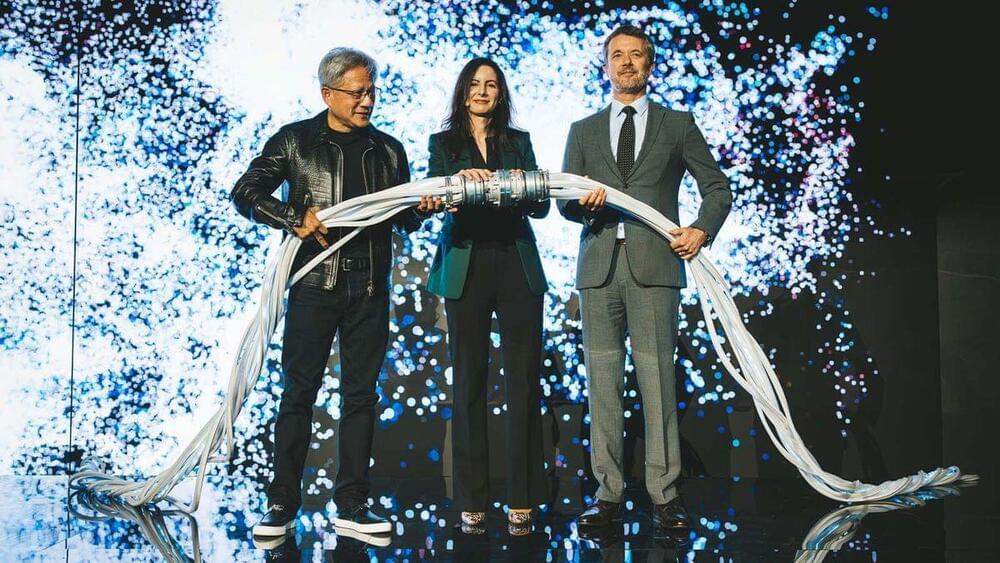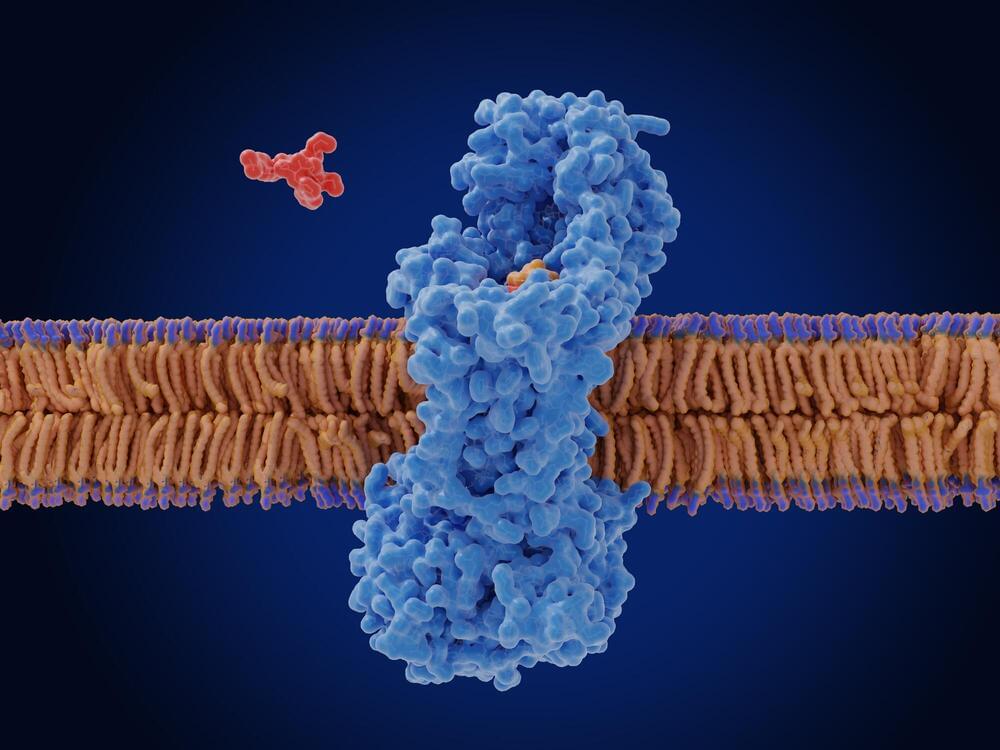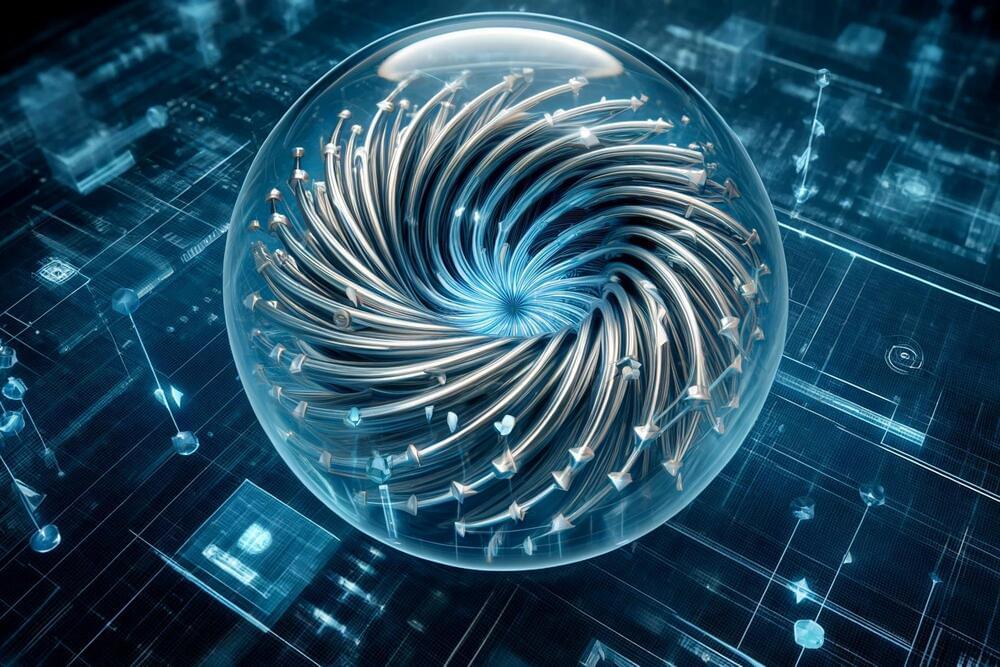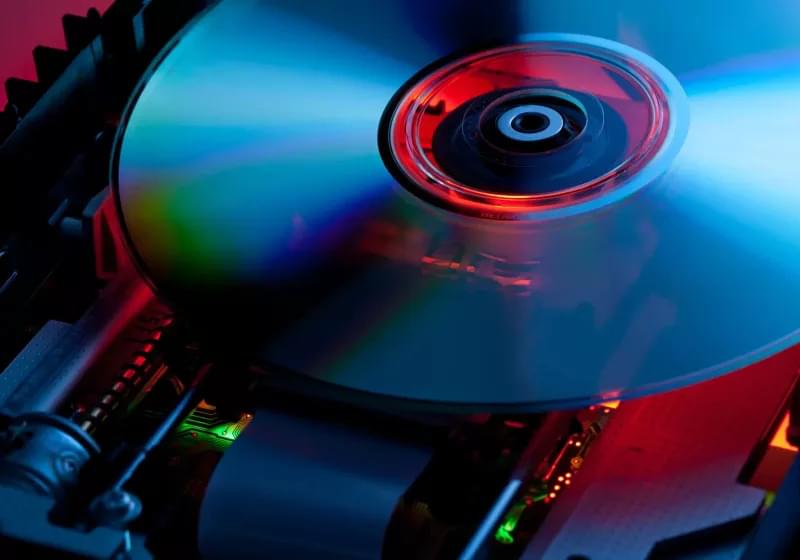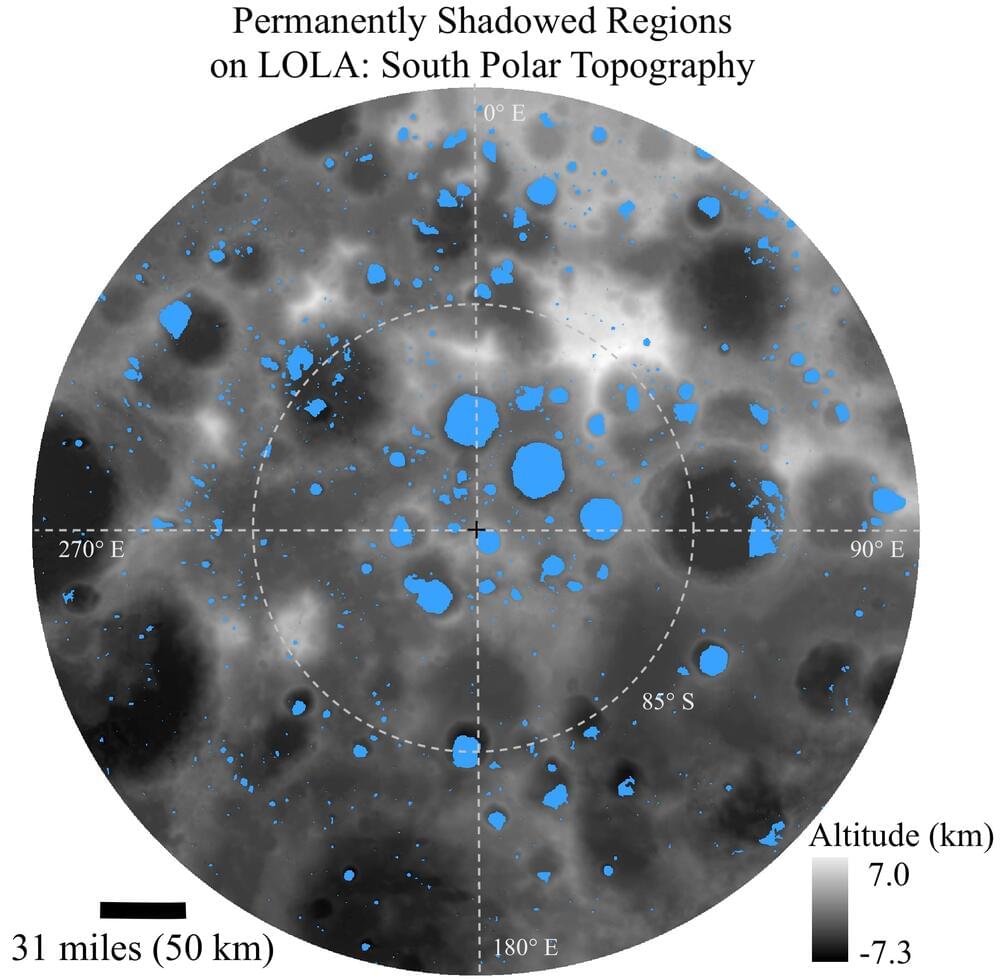It is well-established that chronic MSK pain is the key factor for physical disability in the adult population. 19 The World Health Organization (WHO) estimates that 20–33% (over 1.71 billion individuals) of the global population suffers from chronic MSK pain. 20 This type of disorder is characterized by acute or chronic pain in MSK structures, which involve muscles, tendons, ligaments, bones, and nerves. 21 The most common conditions responsible for visits to a physician’s office are OA, rheumatoid arthritis, myofascial pain syndrome (MPS), and low back and neck pain. 22 Less common incidents are generally accompanying with injuries like of tendon sprains, ligament tears, muscle tears, fractures, and similar damage during sports. 20
If left untreated, these conditions progressively increase suffering, disability, and drug consumption, which subsequently diminish an individual’s quality of life. 23 This also translates to a main community health problem due to significant high expenses for health-care systems and insurance for disability. Advanced age may remain the top variable associated with the increased risk of musculoskeletal disorders (MSDs) and MSK pain; however, these conditions may still unfold at any given age for various reasons. Therefore, every individual is at risk of experiencing MSK pain throughout an entire lifetime. 24 Acute pain can become chronic due to numerous factors. The level of intensity, site, and time of noxious stimuli are dictated by the interplay between mechanical, chemical, and thermal receptors and immune cells. 25 Under standard conditions, noxious stimuli and painful sensations gradually decrease with the progression of healing.



